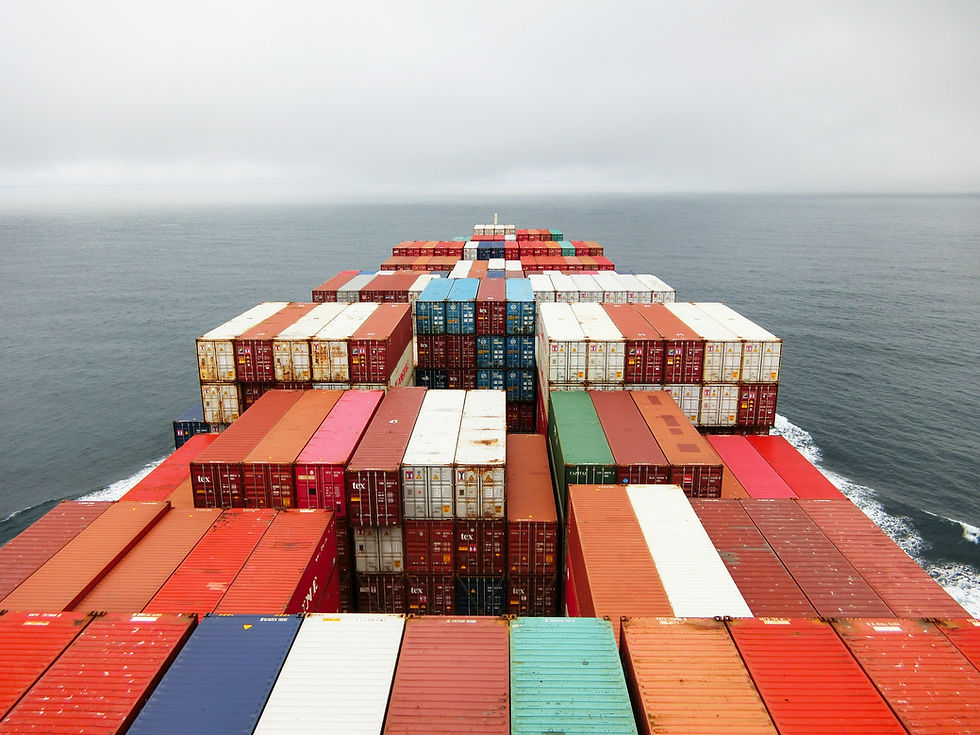The Challenges of Securing Your Supply Chain
- ameyplasticstlc
- Jul 14, 2021
- 2 min read

There have been a number of challenges in the manufacturing industry over the last two years, perhaps none more complicated than the challenges posed to supply chains.
With the United Kingdom finally leaving the European Union in 2020 posing its own challenges, the COVID-19 pandemic bringing most of the globe to a grinding halt and then the MV Ever Given running aground in the Suez Canal, it’s been a difficult period for supply chains and manufacturers all around.
What are the lasting impacts of Brexit?
Putting aside the political element of Brexit, leaving the European Union has been a logistical challenge for many manufacturers.
Exporting or importing goods to or from a destination within the European Union has become unquestionably more costly, with transport charges on goods arriving in the UK estimated to have increased by 50-100%.
Most of the additional costs are coming from the increased bureaucracy organisations are having to deal with, including creating new forms that display all the newly needed information such as VAT numbers and company registration numbers.
The same changes are applicable to outgoing shipments too, with the obstacles being compounded if a customer in the EU is attempting to collect a shipment from the UK.
Are there other challenges?
Beyond the issues posed by Brexit, there are other hurdles that have caused problems, the most obvious being the Covid-19 pandemic. Bringing most of the world to a near halt, the repercussions are still being felt now that the gears have begun moving again.
A shortage of shipping containers from Asia has meant that supply chains have been considerably lengthened, and the cost of hiring any available containers has grown exponentially.
Another by-product of the shortage is that suppliers are now buying more stock as a counter measure, but this is only exacerbating the situation, as bigger orders will obviously use more containers.
These issues are all part of the reason many suppliers and manufacturers are considering rethinking the way their supply chains are set up, with many turning to alternatives closer to home.
What can Amey Plastics offer?
When working with companies abroad the window for effective communication can often be quite short, meaning there’s little room for flexibility if an obstacle arises. To potential clients in the UK, our 35,000sqft facility in Alton, Hampshire is right around the corner in comparison to other organisations across the globe, meaning we’re always available when you need us.
We can also hold stock, buffering for a week to a month as opposed to more standard time frames of 8 weeks to 3 months. Holding this amount of stock also means we can be agile, so if you’re demand profile suddenly changes, we can adapt and meet the new specifications quickly, keeping your project on time.
Our approach also means that we are always proactively looking for ways to streamline a project, suggesting changes to a process or an item that can improve the manufacturing method, as well as lower the cost of production, as we did here for a recent client.
If you have a project you’d like to discuss with us, you can contact us today by calling 01730 266525, or emailing us at sales@ameyplasticsltd.co.uk.






Comments